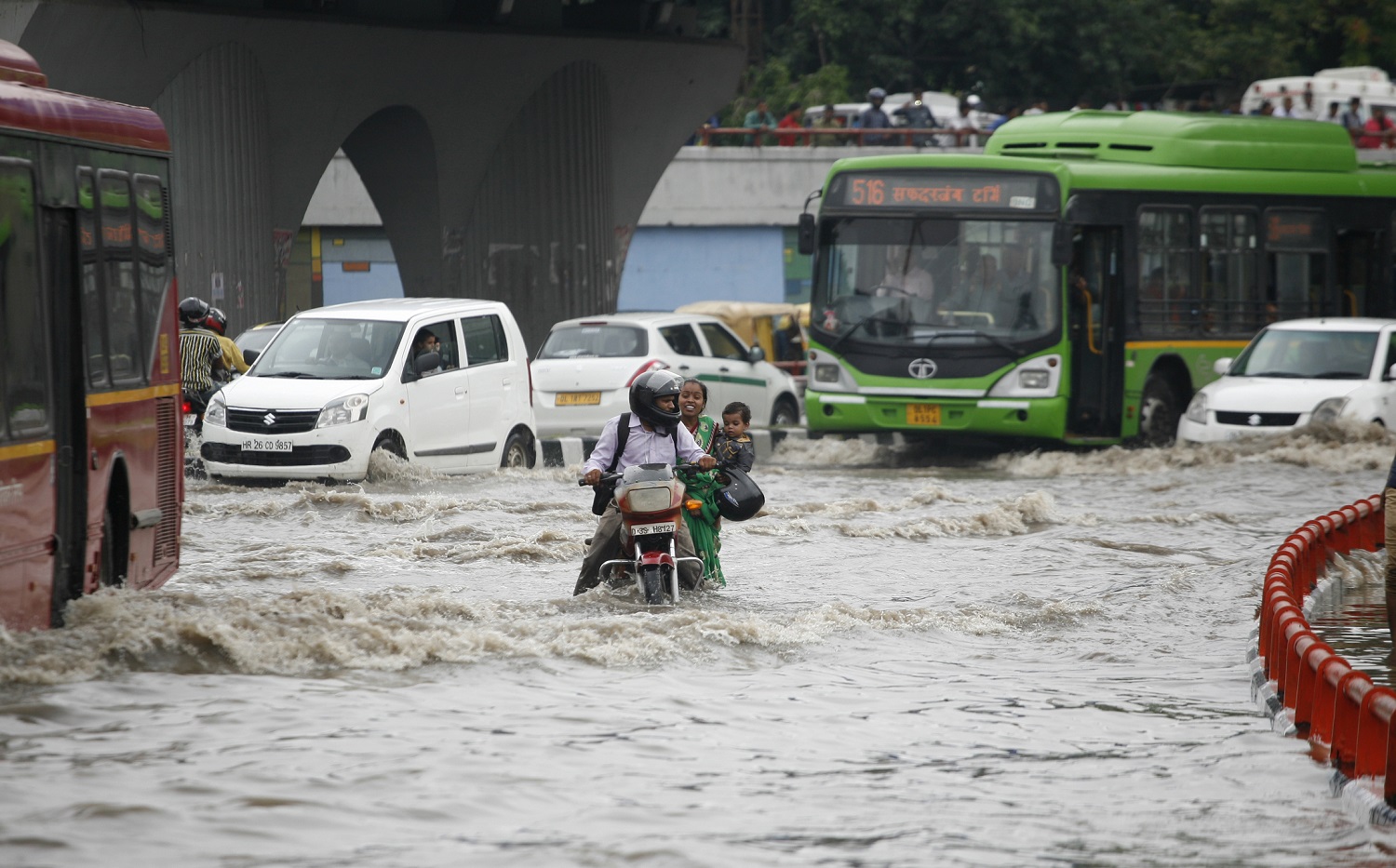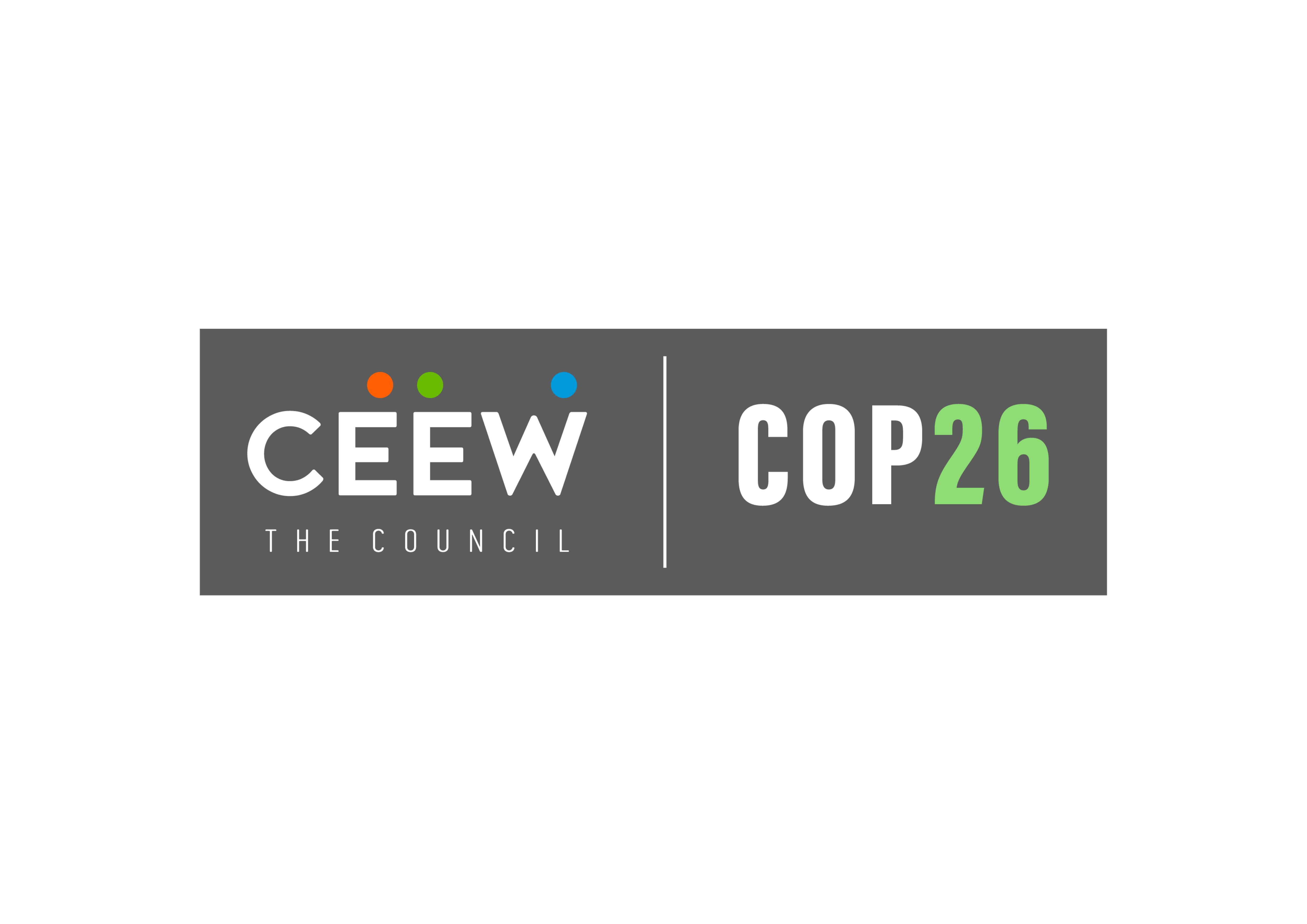



26 Oct 2021 | 1530–1715 IST


India is already experiencing a preview of the large-scale disasters and socio-economic upheaval that extreme events could create. India's development is intricately linked to creating adequate mitigation capacity to respond to these climate risks, which are endangering power, housing, transport, and industry infrastructure – especially along the coasts – and vulnerable communities with low adaptive capacity. Further, with weather-related insurance losses mounting, there are warning signs that climate change could trigger the next financial crisis. Therefore, the need for low-cost finance, and climate-proofing of communities, infrastructure and economies, is critical.
In this pre-COP session, we will explore ways to take climate risk assessments from theory to implementation and spur innovations in systems, finance, and technologies to climate-proof populations and economies. We will also launch CEEW's new study, 'Mapping India's Climate Vulnerability: A District-level Assessment'.

Saman Fatima Nomani
Communications Associate